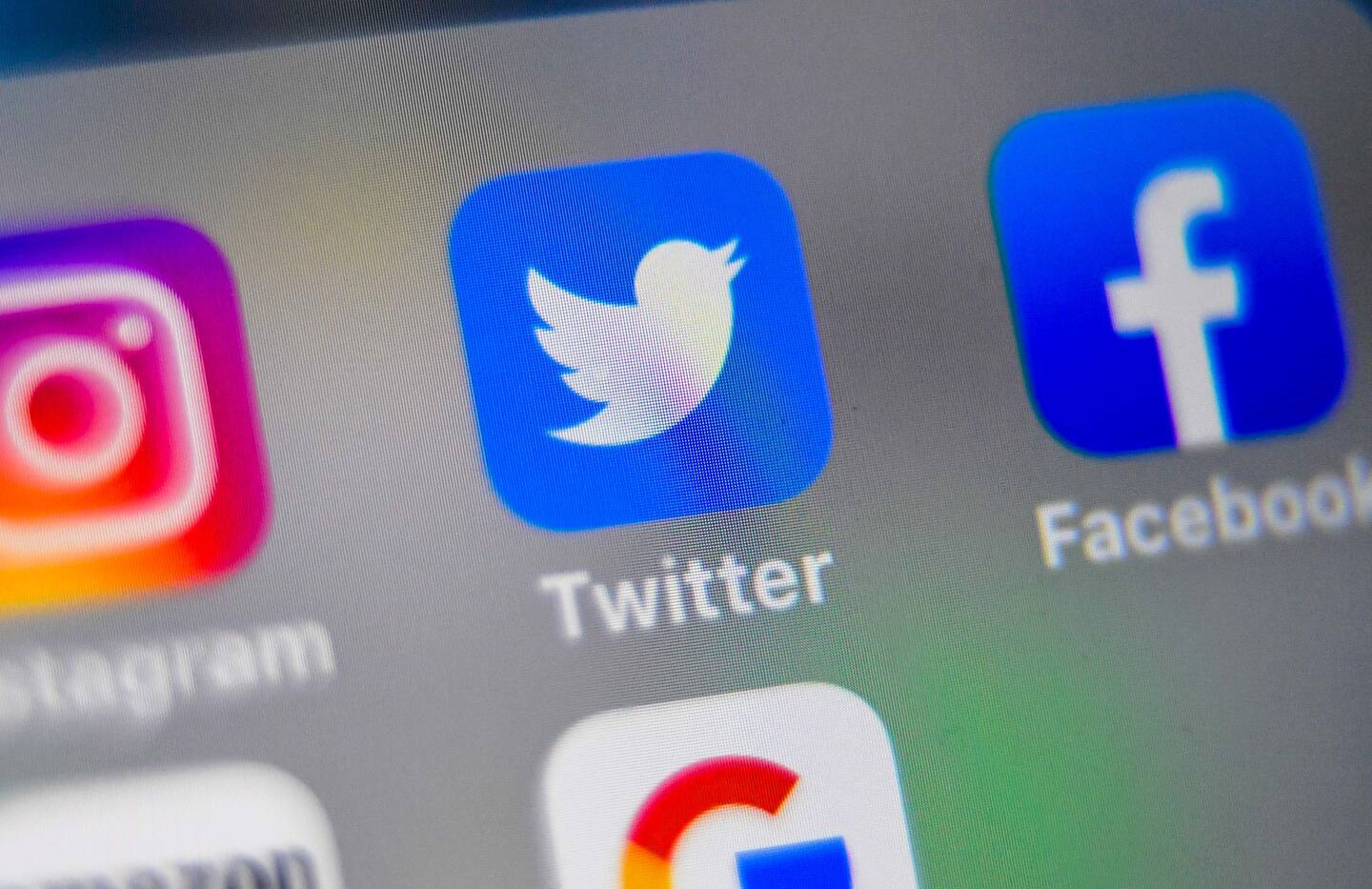How Twitter and Facebook’s attempt to squelch a dubious Biden story backfired

On Wednesday, Facebook and Twitter offered a live demonstration of how this effect works. The New York Post published a story based on a trove of leaked emails allegedly found on a laptop belonging to Hunter Biden, son of Joe Biden, the Democratic presidential candidate. The provenance of the emails seems questionable (Russia, murmurs someone to my left), and even if they’re real, it’s unclear that they tell us anything we didn’t already strongly suspect, namely that like the children of many political figures, Hunter Biden seems to have made every effort to cash in on his last name.
“Censorship!” cries the right, even as the left hollers “Twitter’s not the government!” But given that Facebook and Twitter actually helped expand the work’s audience — however unintentionally — this isn’t really a great example of censorship, private or public.
What it does represent is something the right has becoming keenly alive to: the left’s exercise of power over cultural spaces where right-wingers are being driven toward extinction. That power isn’t new, of course, but for a long time, its practical effect was mostly a matter of focus, or at worst, as social psychologist Jonathan Haidt puts it, asking “Can I believe it?” about narratives that flattered left-wing views, and “Must I believe it?” about those that favored the right.
More recently, however, in many venues the quiet hegemony of covert decisions has been turning into an explicit regime, confidently exercising its prerogatives. There are a lot of theories about why, and probably there are a lot of actual reasons, too, but clearly, it is happening in spaces that used to brand themselves as neutral. Sure, Twitter insists that the Biden story violated prior policy about publishing potentially hacked materials, lest the platform encourage further malfeasance — but would Twitter apply that standard to the recent New York Times investigation of Trump’s tax returns, considering that whoever leaked them to the Times quite possibly committed a federal crime?
Undoubtedly, one factor contributing to this shift is that people who work in all sorts of media companies — social on the West Coast, old-school on the East — believe that they helped to propel Trump into the Oval Office. There’s enormous pressure, internal and external, not to repeat that mistake. For example, by amplifying stolen emails that could reignite a back-burnered Democratic scandal right before a presidential election.
I myself am alternately enraged and grieved by our president; I aspire to expedite his exit from the national stage by every legal means. But I do wonder whether the sort of thing we saw on Wednesday actually accelerates the arrival of that happy day — or whether the left, like Streisand, might be contributing to the very outcome they most want to avoid.
Trump has generated unprecedented resistance by openly flouting norms that traditional politicians at worst used to dodge quietly. The members of that resistance have understandably come to believe that more aggressive curbs on conservative “fake news” are a necessary counterweight to the disproportionate political power currently enjoyed by the right, and the thuggish way Trump wields it.
But such actions can only call attention to how lopsided and largely unaccountable the left’s own power is in the cultural sphere. There’s a reason that President Trump likes to spotlight that imbalance too — and market himself as the necessary corrective. So if you want to hasten him out of office, a preemptive self-balancing, rather than a more muscular tilt, might be the counterweight America actually needs.
Read more:






